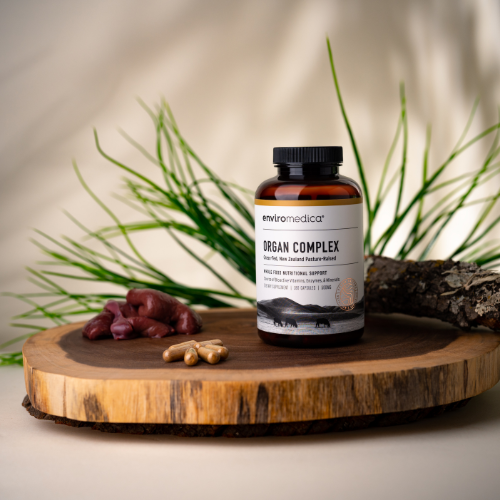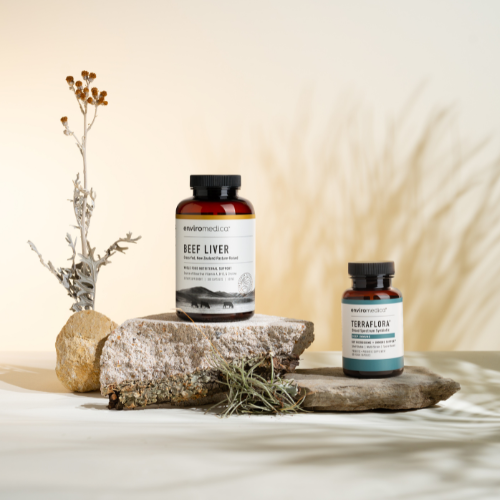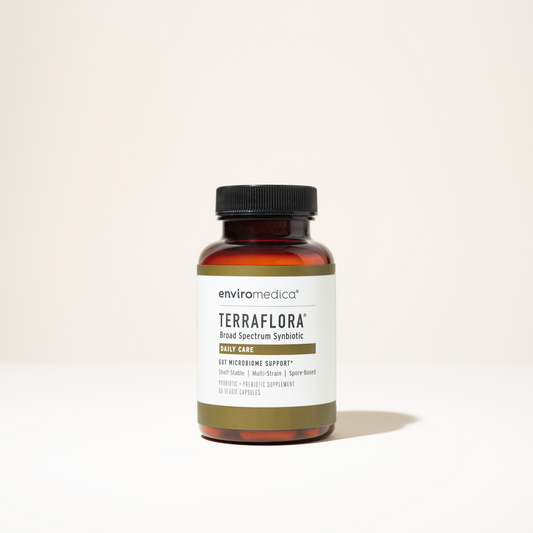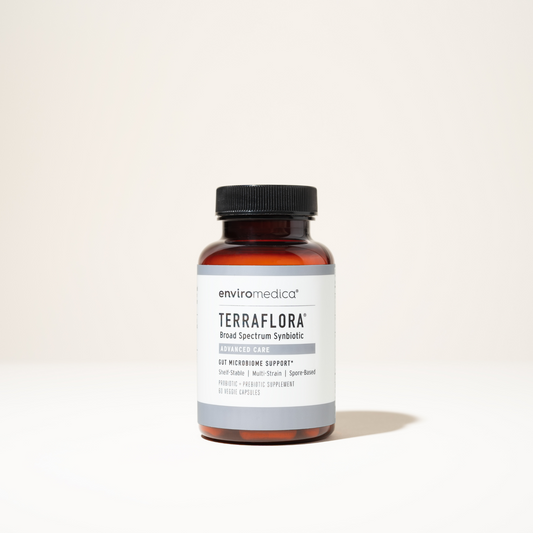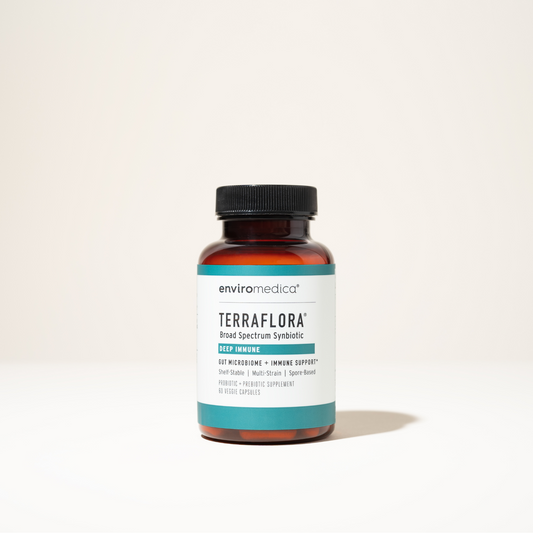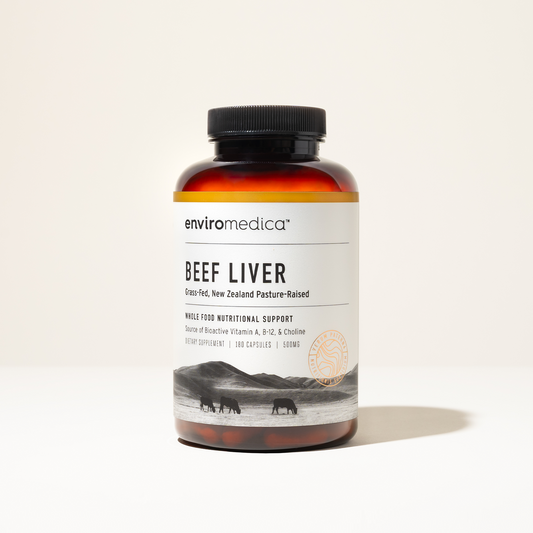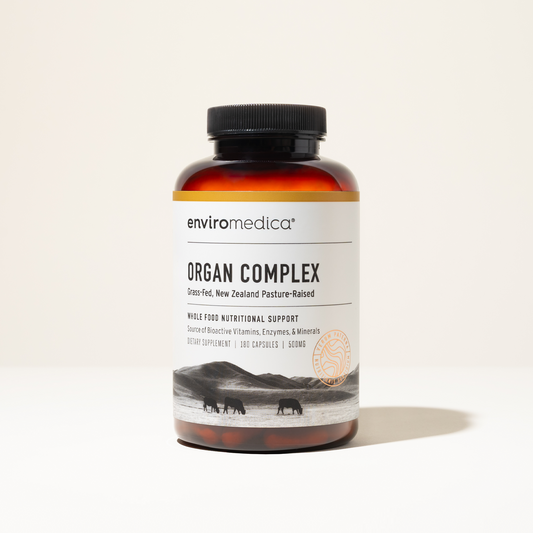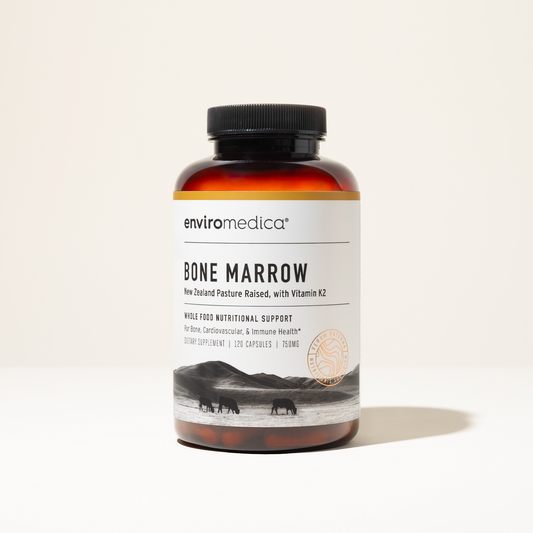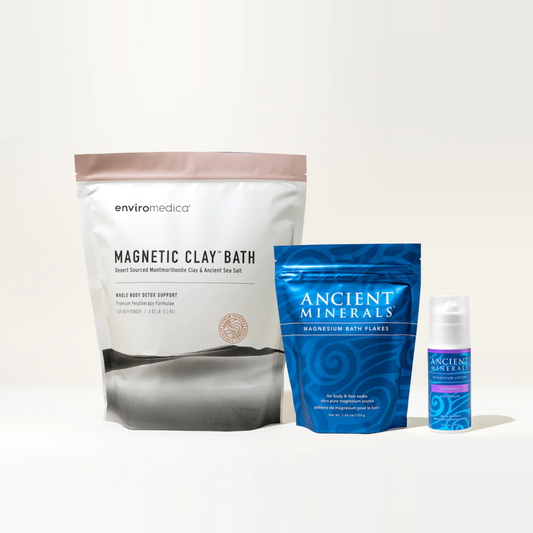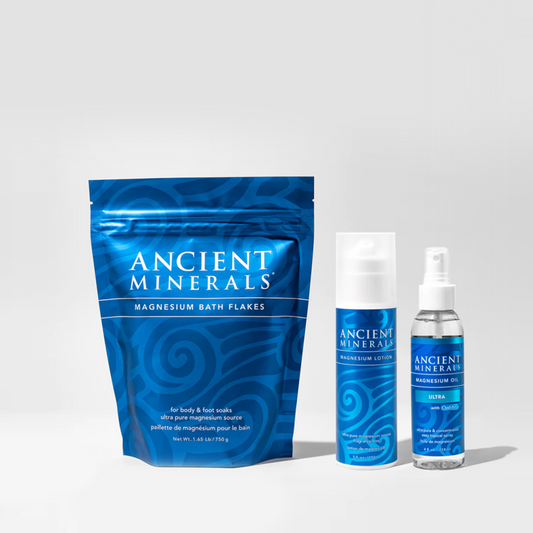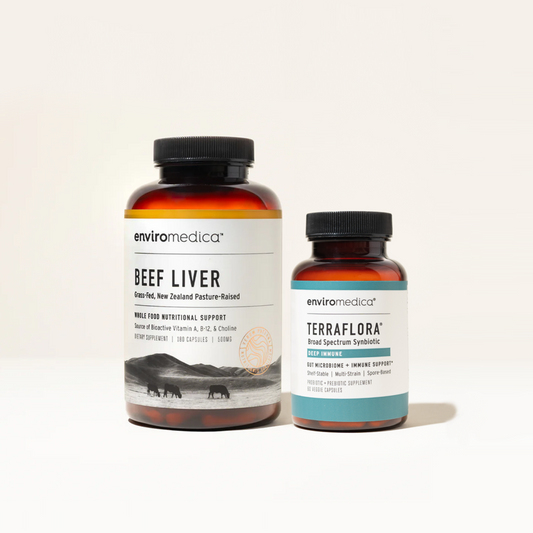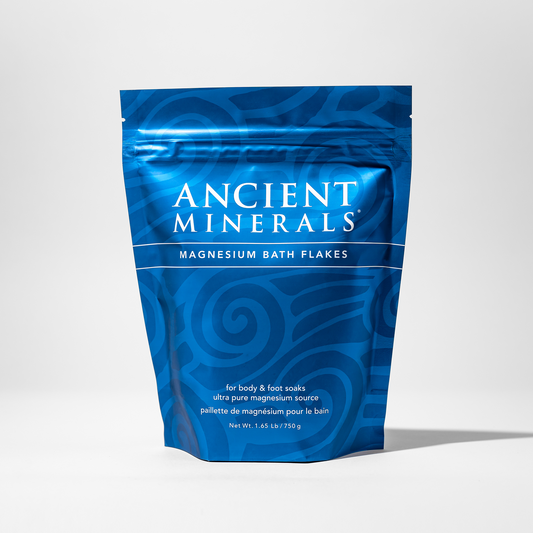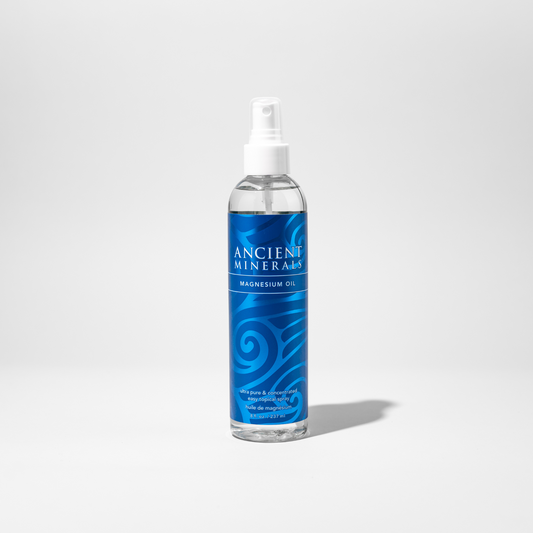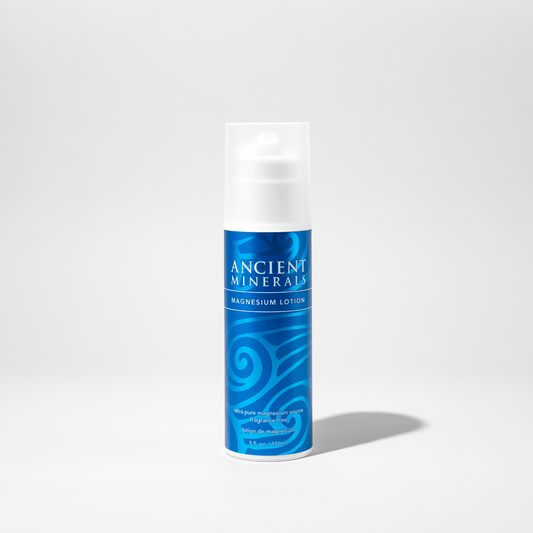Could These Lifestyle Tenets Be The Key To Longevity?
Have you heard about the amazing concept of Blue Zones? For those of you not familiar, Blue Zones is an insightful look at longevity and its relation to cultural practices in certain geographic regions. It was coined by researcher and best-selling author Dan Buettner, who teamed up with National Geographic to examine cultures all over the world, exploring why specific populations live consistently longer, healthier lives.
These populations were found to remain healthy longer, and have increased lifespans, largely due to communal gathering philosophy and regular celebrations.
As a company rooted in ancestral health philosophy, we can’t help but draw parallels and seek ways to incorporate some of these practices into our own lives. With the holidays and times of gathering upon us, let’s look at how these populations celebrate, enjoy their food, and still maintain their health. We’ll also explore ways you can apply that to your own holiday meals!
Buettner notes that those who lived and live in the Blue Zones share several traits, coined the “Power 9,” which include:
- Move Naturally
- Purpose
- Down Shift
- 80% Rule
- Plant Slant
- Wine @ 5
- Belong
- Loved Ones First
- Right Tribe1
When examining each of these traits, it is apparent that many of us can make seemingly small modifications to our traditions, maintain our healthy lifestyle and help those around us, in lieu of the many temptations that generally surround celebratory gatherings. How you can apply some of the traits to your upcoming holiday celebrations?
Move Naturally
The world’s longest-lived people don’t pump iron or join gyms. Instead, they live in environments that constantly nudge them into moving without thinking about it.2 They grow gardens and don’t have mechanical conveniences for house and yard work. Get everyone moving over the holiday by suggesting a family football game or fun run before the celebratory feast.
Purpose
The Okinawans call it “Ikigai” and the Nicoyans call it “plan de vida;” for both it translates to “why I wake up in the morning.” Knowing your sense of purpose is worth up to seven years of extra life expectancy.3 Enter the holiday season and family gatherings with intention to feel warm and grounded throughout the celebration.
Down Shift
Even people in the Blue Zones experience stress. Stress leads to chronic inflammation, associated with every major age-related disease. What the world’s longest-lived people have that we don’t are routines to shed that stress. Okinawans take a few moments each day to remember their ancestors, Adventists pray, Ikarians take a nap and Sardinians do happy hour.4 If feeling overwhelmed at holiday dinner, go ahead and step away, have a moment to yourself, and then rejoin the group refreshed and ready to celebrate.
80% Rule
This can very easily be applied to your next meal, holiday meals, and every meal after. How many times have you sat down for a great meal and ate and ate until you couldn’t move? We can guess you may have recollections of waddling over to the most comfortable seat available, desiring to unbutton the top button of your pants, and take a little nap. Let’s change that with a lesson from the Okinawan culture’s mantra “Hara hachi bu” as a reminder to stop eating when their stomachs are 80% full. One must remember that there is still food working its way down to your stomach, even when you get to the “I’m full” stage of eating. Next thing you know, you feel like you are about to burst.
This is exceedingly easy to do when sitting down for a celebratory meal. There is so much good food, it all looks amazing and you want to try everything. Next time you sit down to eat, try out the 80% Rule and see how you feel. Within a short period of time you will feel comfortably satisfied. Notably absent will be the need to undo the top button of your pants.
Plant Slant
While eating meat is important, The Blue Zones study found that even diets with the highest levels of animal protein intake should still be based on a large intake from plant sources. If your holiday celebrations are anything like ours, the meat is plentiful; turkey, ham, fish, you name it. Just don’t forget to load that plate up with a huge salad and any other available plant options. A great tip would be to go to all of the plant based dishes first and fill 50% to 75% of your plate, then go back to grab some of that delicious turkey or ham.
Studies regularly show that a diet focused on plants, but balanced with proper levels of animal protein, consistently support longevity and higher quality of life.5
Wine @ 5
Who doesn’t like a little bit of wine once in a while? Alcoholic drinks are very common at celebrations, and when trying to keep warm all winter. When utilized responsibly, there truly is a health benefit to them. This doesn’t mean we’re saying to go home and have a couple drinks alone every night—part of the benefit, displayed in Blue Zones, is found in building community by sharing that drink with a close friend or friends.
Research shows that moderate alcohol intake can actually decrease cardiovascular disease. When celebrating with a glass of wine, you may be supporting your health.6
The key is to keep yourself to only 1-2 drinks and preferably red wine, because after that, the cardio protective effect rapidly changes to become detrimental.
Belong
All but five of the 263 centenarians we interviewed belonged to some faith-based community. Religion or denomination doesn’t seem to matter. Research shows that attending faith-based services four times per month will add 4-14 years of life expectancy.7 Although this doesn’t directly apply to holiday dinners, strength in faith and community is something you can incorporate at any time.
Loved Ones First
The most successful at aging healthily, put their families first. The holidays are a great time to spend with your family members whom you may not see as often as you’d like. Get inspired this holiday to commit to spending quality time with your extended family more often than once a year. Additionally, regular interaction of children and grandparents will not only help grandparents maintain their cognitive abilities,8 but also results in the children being healthier overall.
Right Tribe
As the saying goes, you are the average of the 5 people you spend the most time with. Well, that applies directly to having the “Right Tribe.” For your holiday celebrations, surround yourself with people who won’t look at you funny or chastise you for not wanting that sugar laden cookie or the plethora of holiday treats. Better yet, why not support your tribe’s health to a much higher degree and replace a lot of the sugary treats with better options? A practice you can carry through well past the holidays. When you surround yourself with people who maintain consistent, healthy behaviors it is bound to rub off on you, and you can successfully avoid pressure to eat that cookie or treat.
When examining the lifestyles of the healthiest populations in the world, we glean amazing insight into how to apply sustainable principles within our lives and reap the rewards. A few simple changes this holiday season and beyond, may save you some food guilt, spare you a few extra pounds, and provide togetherness and health for those you care about most. You may even start some new traditions!
About the Author:
Dr. Chris Oswald is a certified nutrition specialist, chiropractor, and co-founder of Hudson
Headache, an integrative physical medicine practice in Wisconsin focusing on whole-person approaches to head and
neck pain. He earned a doctor of chiropractic degree from Northwestern Health Sciences University following his
undergraduate degree in sport science. He has keen interest in the combination of functional medicine and
functional movement assessments. His strategies have resulted in highly successful clinical outcomes for
patients suffering from chronic pain and fatigue, severe digestive dysfunction, and those who are healthy
looking to optimize performance.
References
- 1. “Blue Zones® – Live Longer.” Blue Zones®. Web. 05 Nov. 2015. https://www.bluezones.com/live-longer
- 2. https://www.bluezones.com/2016/11/power-9/
- 3. https://www.bluezones.com/2016/11/power-9/
- 4. https://www.bluezones.com/2016/11/power-9/
- 5. May AM, Struijk EA, Fransen HP, et al. The impact of a healthy lifestyle on Disability-Adjusted Life Years: a prospective cohort study. BMC Medicine. 2015;13:39. doi:10.1186/s12916-015-0287-6.
- 6. Klatsky AL. Alcohol and cardiovascular diseases: where do we stand today? J Intern Med. 2015 Sep;278(3):238-50. doi: 10.1111/joim.12390. Epub 2015 Jul 8. Review. PubMed PMID: 26158548.
- 7. https://www.bluezones.com/2016/11/power-9/
- 8. Burn KF, Henderson VW, Ames D, Dennerstein L, Szoeke C. Role of grandparenting in postmenopausal women’s cognitive health: results from the Women’s Healthy Aging Project. Menopause. 2014 Oct;21(10):1069-74. doi: 10.1097/GME.0000000000000236. PubMed PMID: 24714623.

